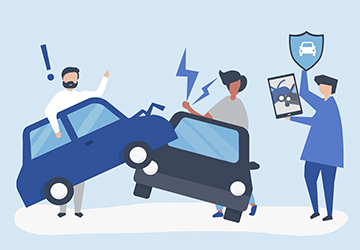Beverages are a favorite for many, but most tasty drinks share a common trait—they're irresistibly sweet. Whether it's juice, soda, bubble tea, or lemonade...
Once you take a sip of these sugary delights, stopping becomes a challenge! Both adults and children treat them as "happiness water."
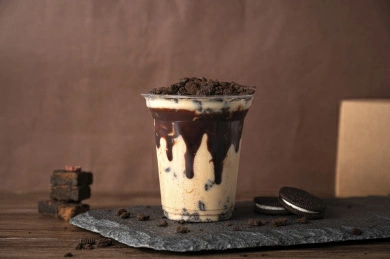
While it's widely known that alcohol harms the liver, did you know every sip of sugary drinks also damages your liver?
Increasing studies reveal that seemingly sweet "happiness water" is also "liver-damaging water"...
Sweetened beverages escalate the risk of liver disease Non-alcoholic fatty liver disease, or NAFLD, is likely familiar to many. NAFLD is characterized by excessive fat accumulation and degeneration of liver cells, essentially making the liver too fat.
In recent years, the incidence of NAFLD in China has surpassed viral hepatitis and alcoholic liver disease, becoming the most common chronic liver disease.
NAFLD often goes unnoticed, but it's closely linked to cirrhosis and liver cancer!
Previous research indicates that 16% of liver cancers stem from simple NAFLD.
Therefore, preventing NAFLD is crucial.
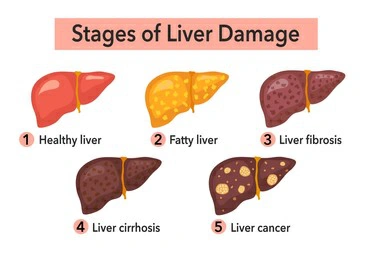
A recent study published in the medical journal "Nutrients" examined the relationship between different sugary beverages (including artificial sweeteners) and the risk of NAFLD.
After adjusting for various factors associated with NAFLD (such as obesity, age, gender, and other lifestyle habits), the study found: Compared to those who don't consume sugary beverages, individuals who intake ≥72 grams of sugar (males) or ≥50 grams of sugar (females) daily from sugary drinks have a 60% increased risk of NAFLD.
Moreover, the analysis of different types of sugary beverages revealed that artificial sweeteners (such as those found in diet sodas) are not exempt.
Those who consume large quantities of artificial sweeteners daily face a 78% increased risk of NAFLD! Sugary beverages often contain high levels of fructose, which primarily metabolizes in the liver. Excessive intake promotes fat production in the liver.
If fat accumulates faster than it can be transported out of the liver, it leads to NAFLD!
However, there's still no definitive conclusion on why artificial sweeteners in beverages may increase the risk of NAFLD.
Some studies suggest that long-term consumption of artificial sweeteners may disrupt gut microbiota balance, leading to increased inflammation levels and lipid accumulation in the liver.
Not only harmful to the liver, sugary drinks may also cause cancer Beyond NAFLD, previous research has found that sugary drinks further increase the risk of liver cancer!
A study from Harvard University found that compared to those who rarely or never drink sugary beverages (≤3 cups per month, with each cup about 12 ounces), individuals who consume 1 or more cups of sugary beverages daily face an 85% higher risk of liver cancer and a 68% higher risk of death from other chronic liver diseases.
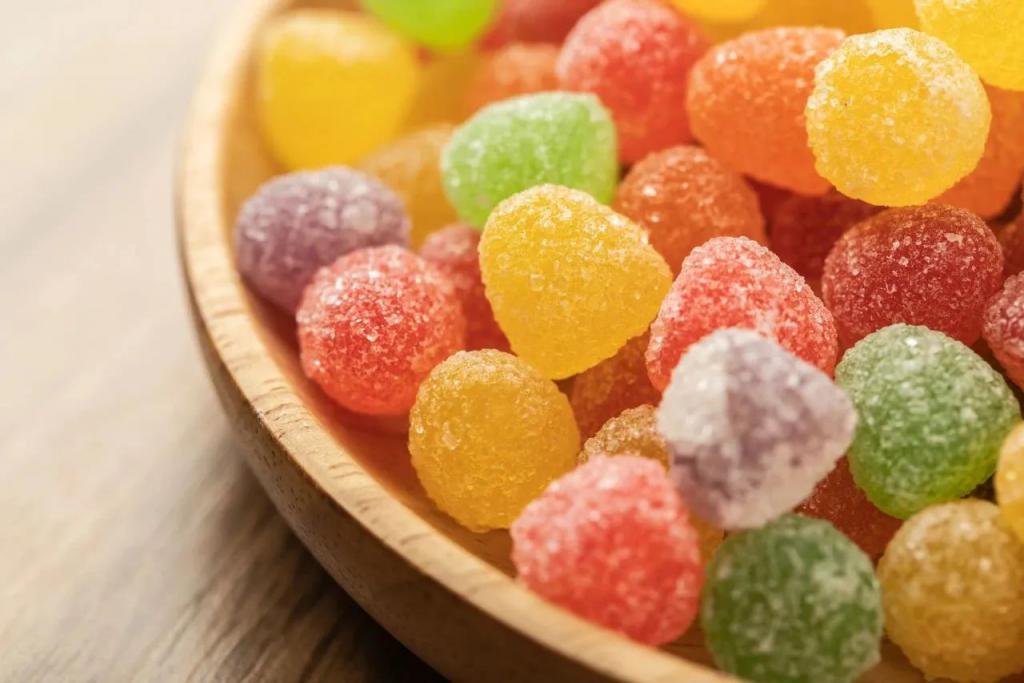
This study did not find an increased risk of liver cancer associated with artificial sweeteners. However, the potential carcinogenic risk of artificial sweeteners also warrants attention.
Recently, the World Health Organization classified aspartame as a Group 2B carcinogen [6], which refers to substances with a low potential for causing cancer in humans.
Aspartame, commonly used in diet sodas and other snacks like chewing gum, candies, and jellies, despite its low potential for causing cancer, reminds us that artificial sweeteners are not entirely harmless and should be used cautiously.
These methods can help you kick sugary drinks and reclaim liver health Now that we know sugary drinks not only harm the liver but may also cause cancer, many of us think about quitting these drinks.
But it's easier said than done!
After all, there are countless bubble tea shops and tea cafes tempting you on every corner. Most importantly, sugary drinks can be addictive!
Consuming sugary drinks triggers a dopamine release in the brain's reward system, making us dependent on these "happiness waters."
Quitting sugary drinks isn't easy, but it's also not impossible. Here are some tips:
Gradually reduce sugary drink intake Set phased goals for yourself. For instance, if you used to drink a sugary beverage daily, limit yourself to 5 cups per week for the first week, then 3 cups the next, gradually reducing both frequency and quantity.
Ensure adequate daily water intake Drinking enough water daily can also help reduce the desire for sugary beverages.
Adults should aim for 1500-1700 ml of water daily, equivalent to about 7-8 cups using disposable paper cups.
- Choose relatively healthier alternatives to sugary beverages Some people find it monotonous to only drink plain water all day and seek variety.
Instead, consider healthier alternatives like unsweetened sparkling water, milk, tea, or lemon water (without added sugar).
However, no beverage can replace plain water, which should remain the primary source of hydration throughout the day.
In addition to reducing sugary drink intake, safeguard liver health with these three tips:
Control body weight and waistline For overweight individuals, aim to reduce current body weight by 5%-10% within the first 6 months, with a weekly decrease of 0.5-1.0 kg. Rapid weight loss can exacerbate fatty liver disease.
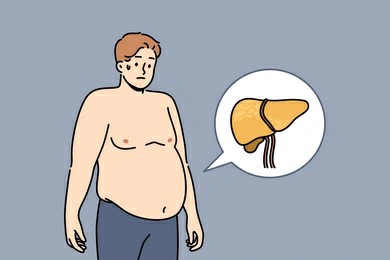
Adopt healthier lifestyle habits In terms of diet, focus on low sugar (reduce refined grains, opt for whole grains, coarse cereals, legumes, and potatoes), low fat (eliminate fried foods, reduce salad oil, switch to olive oil, camellia oil, or flaxseed oil), balanced diet, and increased dietary fiber (vegetables, fruits, whole grains, legumes).
Also, incorporate more exercise, with at least 5 days of moderate-intensity activity per week totaling over 150 minutes. Recommended aerobic exercises include cycling, swimming, dancing, playing sports, jogging, and brisk walking.
Maintain an optimistic mood, avoid anger, maintain a regular schedule, and avoid staying up late.
- Regular check-ups Regularly monitor weight, waist circumference, blood pressure, and every 3-6 months check blood sugar, blood lipids, uric acid, and liver function, among other biochemical indicators; every 6 months to a year, undergo abdominal ultrasound to examine liver and gallbladder conditions, detecting problems early and treating them promptly.
Share this information with your loved ones to remind them to set aside "happiness water" and instead grab a glass of plain water and get moving!
(Images from the internet)




